Coal is the obvious solution to our energy crisis
If we are to recover from the economic disaster brought on by COVID-19, we must reject renewable fantasies for a cheap, reliable power source we have in abundance, writes Alan Jones.
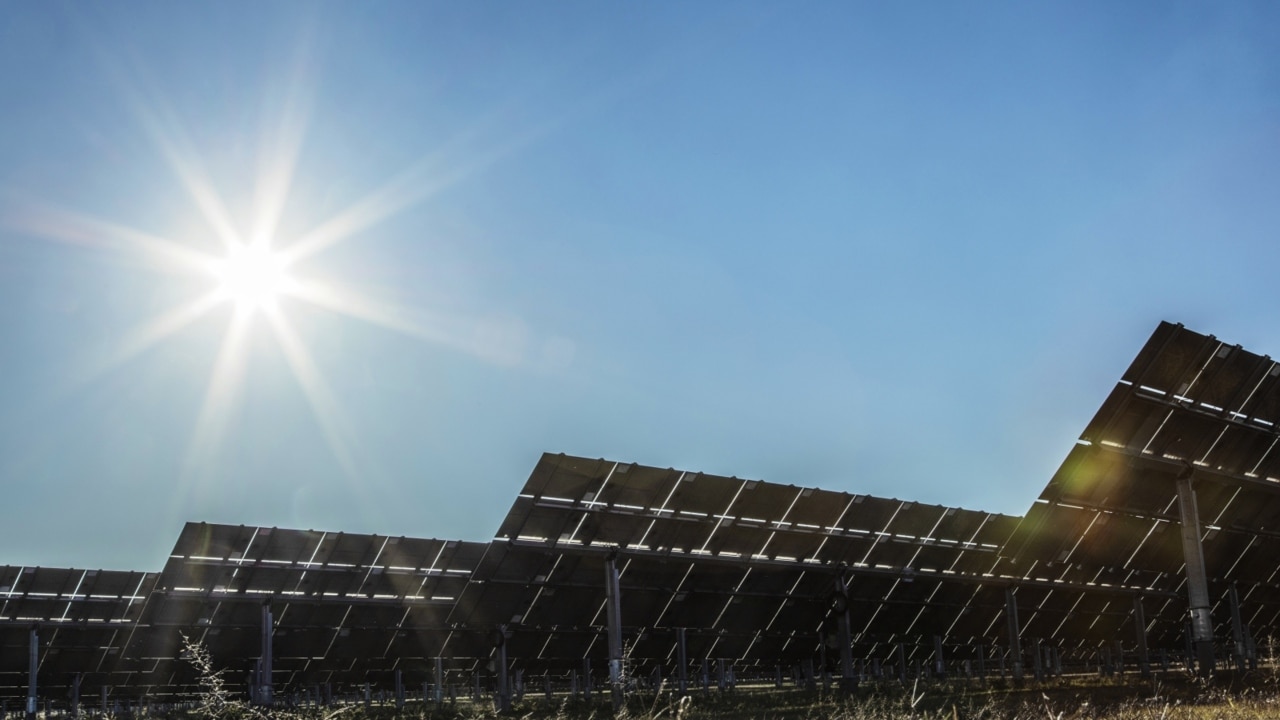
Opinion
Don't miss out on the headlines from Opinion. Followed categories will be added to My News.
- The debt virus is getting worse and we are catching it
- Leaders letting cultural revolutionaries trample society
The alarmism in relation to coronavirus is giving way to legitimate concerns about how the economy can ever recover.
Every other day, more money is printed. But if economic recovery is what we are about, energy policy has to be at the centre of it.
There are two strands to our energy policy.
The first is the Labor Party and, put simply, they are clueless in relation to energy reality.
The second strand is government policy.

MORE ALAN JONES
All lives matter despite mass hysteria
Discredited social distancing rules hamper economic recovery
Coronavirus: Nothing to fear but fear itself
There are leading figures in the federal government who know that the push to renewable energy has no hope of serving our energy needs — and that the demonisation of coal- fired power continues to damage our economy.
The problem with the Morrison government is that they know this reality and are frightened to argue it.
Anthony Albanese wrote in this paper last week: “Listen to the scientists.”
Presumably this relates to the nonsense that 97 per cent of scientists agree that human beings are causing global warming. The 97 per cent figure is a contrivance.

It derives from a survey sent to 10,257 scientists. Replies to that survey were whittled down to 77, of which 75 agreed human induced climate change was occurring.
Do you get the drift — 75 of 77 selected responses from a survey have been used to justify the false assertion that 97 per cent of all climate scientists believe human activity is responsible for climate change.
Anthony Albanese argues that “economists and scientists tell us there are great opportunities for Australia in renewable energy that can create new jobs and economic growth right across the economy”.
Well if that’s the case, renewable energy doesn’t need billions of dollars in subsidies if it is such an attractive investment proposition.
Energy policy can be summed up simply.
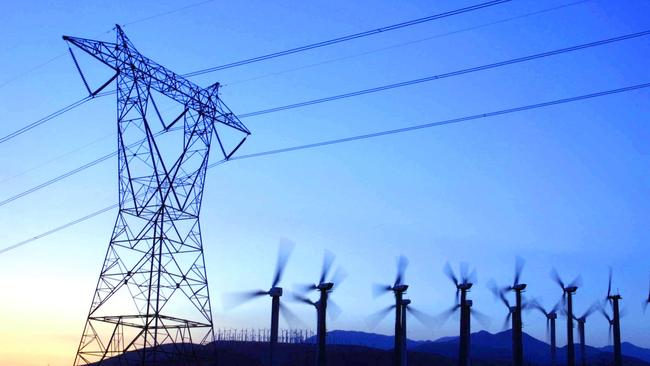
Our energy supply must be available, reliable and affordable. Renewable energy is none of these.
No one is going to invest in Australian industry, especially manufacturing while our energy costs are many times greater than, for example, those in America.
One leading industrialist told me at the weekend that he pays $4.60 per gigajoule for gas in America and $6.50 per gigajoule in Australia.
For electricity, it is 7.3 cents per kilowatt hour in America and 13.5 cents per kilowatt hour in Australia.
Remember the real agenda here. The left are in the ascendant and conservative politicians just fall into line.
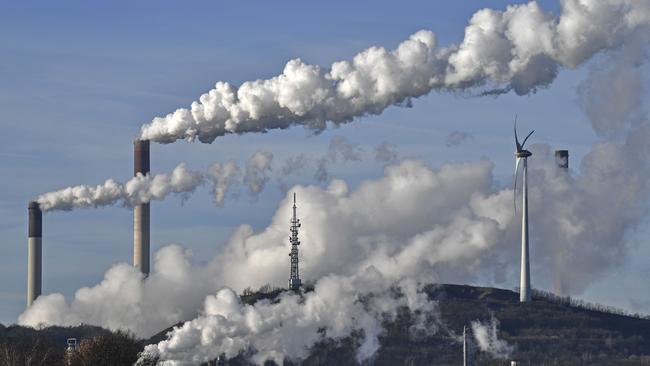
In a 2010 interview, the UN Inter-Governmental Panel on Climate Change official, Ottmar Edenhofer, said: “Basically, it is a big mistake to discuss climate policy separate from major themes of globalisation. The climate summit in Cancun, at the end of the month (this was in 2010) is not a climate conference but one of the largest economic conferences since the Second World War … One has to free one’s self from the illusion that international climate policy is environmental policy. This has almost nothing to do with environmental policy anymore. This is about wealth transformation.”
Which brings us back to the demonisation of coal fired power.
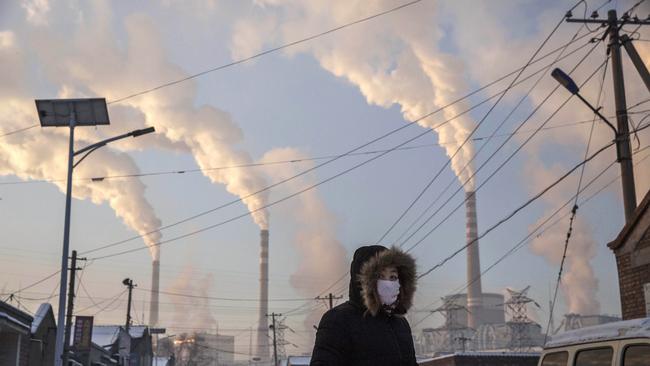
The reality is that since 2000 the world has doubled its coal-fired power capacity such that a new survey by an environmental group, Urgewald, based in Berlin, identifies about 1600 coal plants that are planned or under construction in 62 countries to increase global coal fired power capacity by 48 per cent.
For example, China, has a thousand gigawatts of existing coal capacity and 121 gigawatts of coal plants under construction, which is more than is being built in the rest of the world combined.
Remember that one gigawatt equals a thousand megawatts. And remember also that since 2012 we’ve closed almost 5000 megawatts in capacity, while the rest of the world uses our coal.
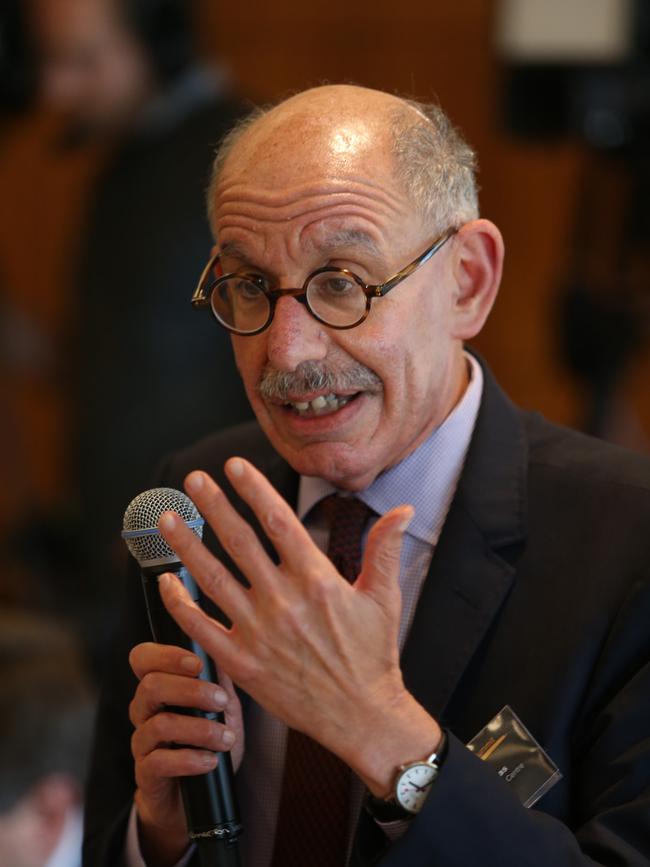
But it’s not just China — 455 coal fired projects are proposed for India; 49 for Turkey; 30 in Vietnam; 36 in the United States.
As Professor Henry Ergas, an economist who has worked at the OECD and with a number of economic consulting firms, has argued, “humanity’s reliance on coal, yes, that four letter word, shows no more sign of disappearing than its passion for fornication.”
A nice way of putting it.
We place great store in our membership of the G20.
The bulk of the plants, the firms building these coal-fired plants and supplying their key components are almost entirely based in G20 countries.
And the International Energy Agency says the costs of coal-fired power are still 20-30 per cent below those of natural gas and nuclear, and even lower compared with the intermittent sources such as solar and wind which, of course, require costly backup generation and expensive transmission networks in order to provide reliable power.
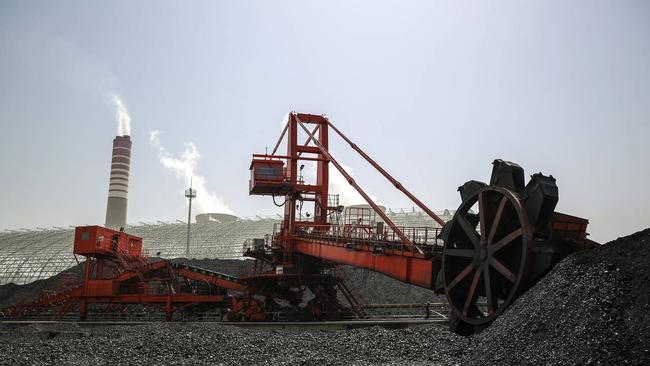
Even countries such as Egypt, Pakistan and Malawi, which now have no coal-fired plants, are investing in large scale coal generation.
We have an abundant supply of coal.
It is the cheapest and most reliable energy source. It is available 24 hours a day, every day.
There are already 725 High Efficiency Low Emission (HELE) coal- fired power plants in operation in East Asia alone, and a further 1100 under construction or in the pipeline.
Bjorn Lomborg says it clearly: “Concerned activists want the world to abandon fossil fuels as quickly as possible. But it will mean slowing the growth that has lifted billions out of poverty and transformed the planet … humanity will be much better off, including in Africa, in a scenario of high fossil fuel use than it would be even if we succeeded in achieving a low CO2 world.”

Yet Audrey Zibelman, the CEO of the Australian Energy Market Operator, and a renewable energy zealot, imported from America by Malcolm Turnbull, has said: “Resisting the energy transition (away from coal) is like trying to resist the internet.”
We have to stare down the climate zealots and the Green rent-seekers and get cracking on several new coal- fired power stations, yesterday.

